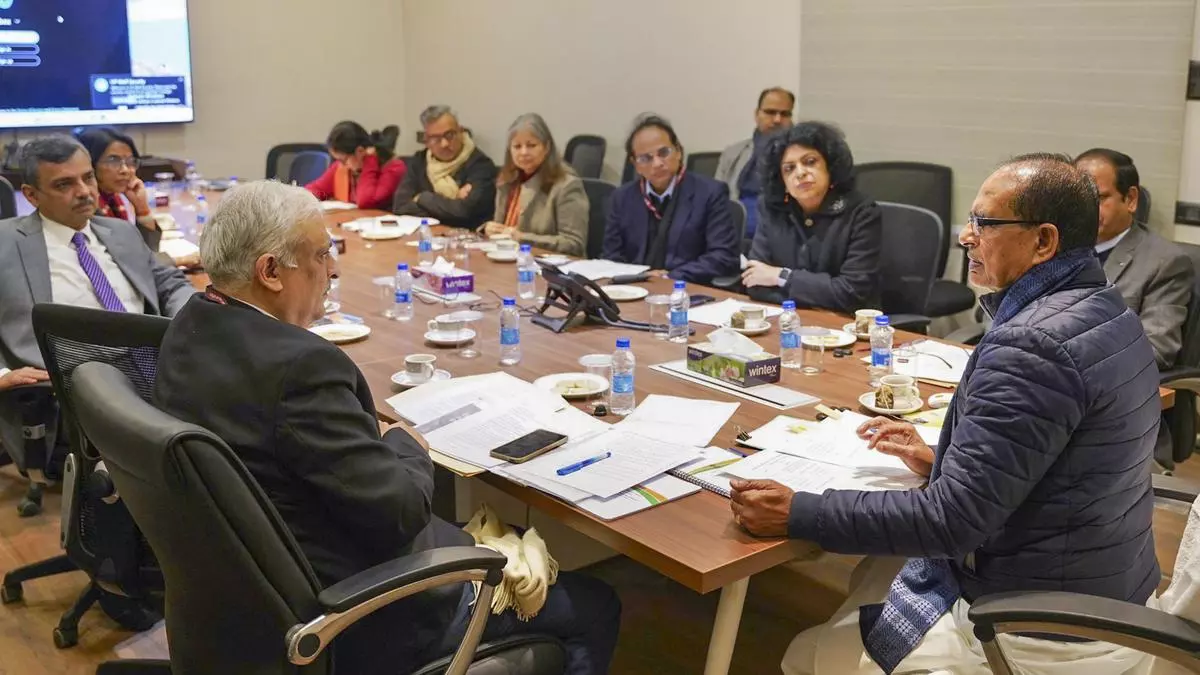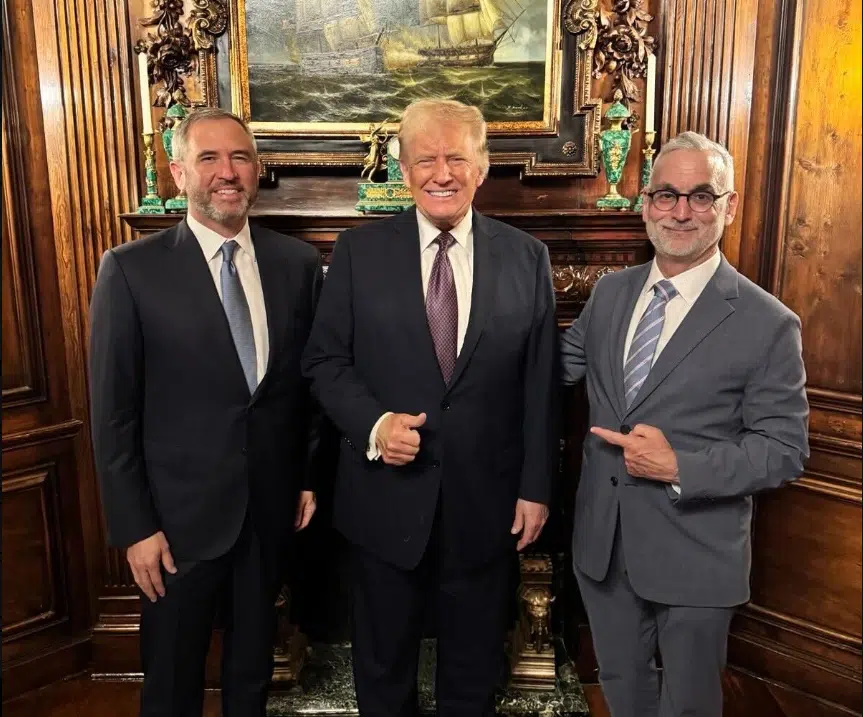India has been blamed for stalling an agreement on curbing fisheries subsidies at the WTO to check over-fishing and over-capacity by the chair of the negotiating group who reported that because of its continued objections to the draft text, the year-end deadline of concluding the pact cannot be met.
New Delhi, however, maintains that it had pointed out right since the initiation of the negotiations that it cannot accept an agreement that could hurt the interests of its vulnerable fishing community and hamper future prospects of growth of its fisheries sector.
“Save for any last-minute solution seems to me that, as one member has put it, the negotiations have reached a stalemate even though nearly all members can support the current text as a basis for conclusion. The balancing measures so strongly requested by a couple of members would clearly unbalance the text for a large group of members,” according to the negotiating group chair’s report submitted to the WTO Trade Negotiations Committee (TNC) on Thursday.
The report directly names India as one of the countries responsible for scuttling talks, by referring to four submissions on fisheries made by it, while a second country, also opposing the text, has been left unnamed. Indonesia had also been raising objections to the draft text.
“India cannot support a text that does not give enough protection to subsidies extended to its 9 million fishing families, who are mostly small-scale fishers. Submissions were made by the country earlier in the year pointing out that special & differential treatment provisions granting flexibility to protect subsidies for vulnerable fishers have to be strengthened,” an official told buisnessline.
India’s demand
India had also pressed for tightening of disciplines so that industrial fishing nations are not allowed to get away with their unsustainable subsidies, he added.
The chair pointed out in his report that while many members had noted that the draft text did not fully address all their interests and needs, they saw the document, with some final tweaks and adjustments, bringing the negotiations to a conclusion. “For at least two members, however, document W/285 (draft text) falls far short of an acceptable outcome and is not appropriately balanced… However, as I have said before, one member’s balance may be another member’s imbalance,” the report stated.
Because of the continued objections by India and a couple of others, which possibly includes Indonesia, the inscription of the two draft decisions related to fisheries subsidies have been removed from the agenda of the WTO General Council scheduled on December 16-17.
“Moreover, the TNC Chair, Director-General Ngozi Okonjo-Iweala, suggested that, out of respect for the two or three members who are not ready to join consensus, they should be given more time,” the fisheries negotiations chair said.
Fish stocks
More than one-third of global marine fish stocks have fallen to biologically unsustainable levels and overfishing and subsidies generate losses of about $88.9 billion in forgone net benefits, per an UNCTAD report published in 2022.
India has recently submitted a new paper at the WTO calling for disciplining fisheries sops based on per capita subsidies instead of aggregate subsidies. It argued that while its own subsidies per fisher is estimated at about $35 per year some “historical subsidisers” provide subsidies as high as $76,000 per fisher per year.








Leave a Comment